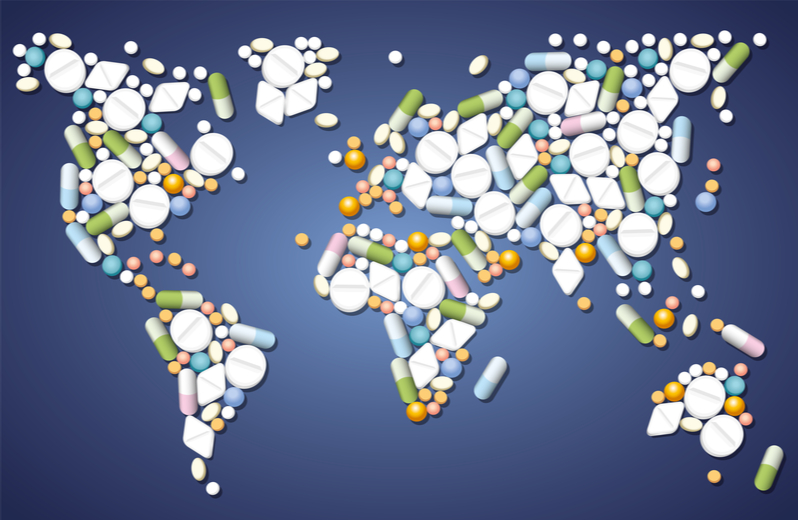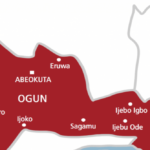South Africa’s president on Monday said the “selfish, unjust” refusal of pharmaceutical companies and allied Western governments to entertain emergency patent waivers on COVID-19 vaccines was endangering the entire world.
In unusually impassioned remarks, Cyril Ramaphosa lambasted a resistance to calls by India and South Africa for temporary patent waivers to ramp up production.
- Niger gov returns from overseas trip, meets parents of abducted Tegina pupils
- Lift the suspension, please
Ramaphosa, proponent of the waiver, told the opening virtual session of the Qatar Economic Forum, a day after South Africa registered 13,000 new cases in a third COVID-19 wave.
“It is selfish, it is unjust, it is wholly unfair. We are facing an emergency that is affecting the entire world and some countries are refusing this provision to be waived,’’ he said.
The proposed waiver from the WTO’s agreement on Trade-Related Aspects of Intellectual Property Rights (TRIPS) has support in principle from U.S. President Joe Biden and French President Emmanuel Macron.
However, the pharmaceutical industry is against the waiver, as are Germany, Switzerland and the World Bank.
They argue it would stifle innovation and that vaccine supplies are constrained by a lack of manufacturing capacity.
Both India and South Africa say they have ample capacity.
“All we are asking is a three-year period to enable countries that have the capability to be able to produce the vaccines. Because no one is safe anywhere in the world without everyone being safe.’’ the president said.
South Africa has only vaccinated about 2 million people, 1.8 per cent of its population, one of the world’s lowest rates.
It suffered a setback when Aspen Pharmacare (APNJ.J), local producer of the Johnson & Johnson (JNJ.N) vaccine, had to destroy 2 million doses due to contamination at a plant in Baltimore, Maryland. J&J is sending 2 million replacement doses.
Despite that setback, Ramaphosa said the government would stick with J&J because it is a one-shot vaccine, logistically a lot easier to manage in remote rural areas. (Reuters/NAN)

 Join Daily Trust WhatsApp Community For Quick Access To News and Happenings Around You.
Join Daily Trust WhatsApp Community For Quick Access To News and Happenings Around You.

